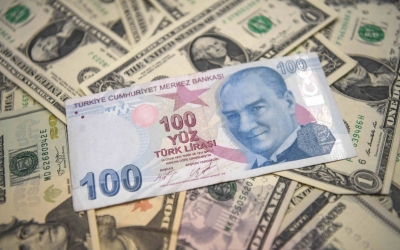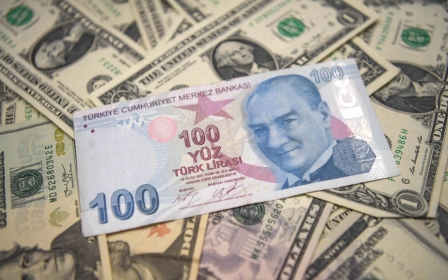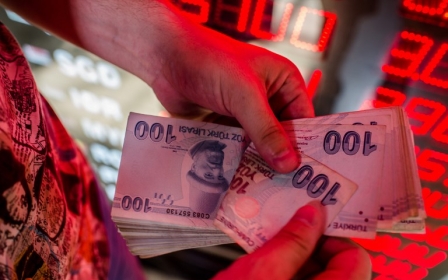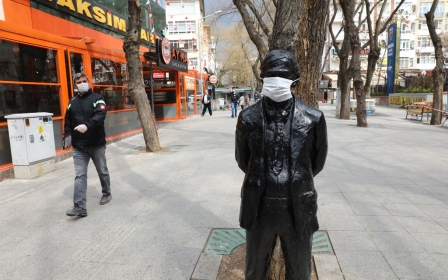Turkey's gaming industry has defied slowdown to be a global winner
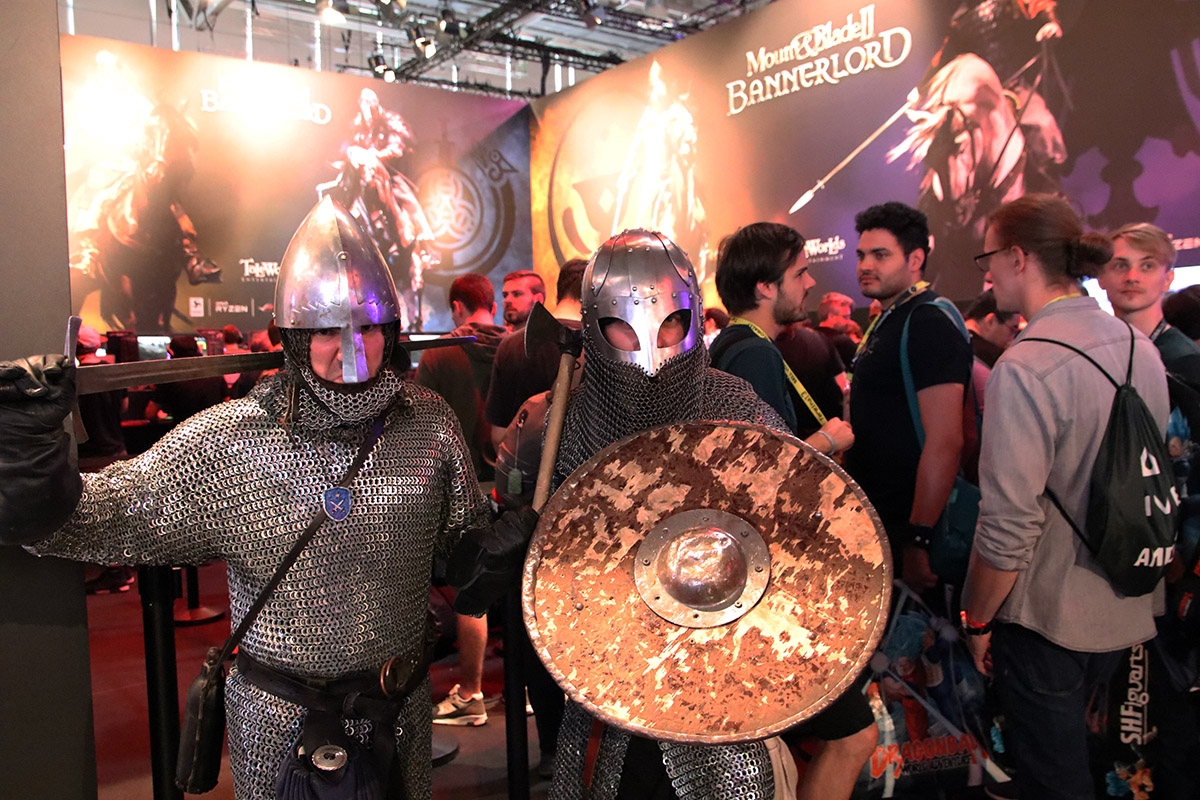
Amid an economic crisis brought on by the coronavirus pandemic, there have been some exceptional winners in Turkey's growing gaming sector, with US buyers paying big bucks to acquire Turkish game makers.
Three Turkish investors who founded Rollic Games just 21 months ago on a humble budget this week partially sold it to a US gaming giant for $168m.
They were not alone. A month ago, Zynga, the same US company which bought Rollic, purchased Istanbul-based Peak games for a whopping $1.8bn, creating the first Turkish unicorn.
'We are actually infants. Yet if you are creating a good game and if it gets popular, you can rapidly grow'
- Ozgur Karayalcin, Game Developers Association of Turkey
In 2018, Zynga also acquired Turkish company Gram Games for $250m.
Chinese investors have also taken an interest in Turkish gaming companies, with tech-giant Tencent last year buying Masomo for $100m.
New MEE newsletter: Jerusalem Dispatch
Sign up to get the latest insights and analysis on Israel-Palestine, alongside Turkey Unpacked and other MEE newsletters
Analysts and sector insiders say Turkey's gaming industry has been booming in recent years thanks to its comparatively young population and a well-educated workforce that sees economic opportunities in the digital world.
Most of the countries operating in the industry have been established within the last 10 years.
“We are actually infants. Yet if you are creating a good game and if it gets popular, you can rapidly grow,” said Ozgur Karayalcin, the vice president of Game Developers Association of Turkey (TOGED).
The Turkish gaming industry had only $400m of exports in 2015, but this year TOGED expects that it will pass $1.5bn, nearly quadrupling its sales.
Karayalcin says the fact that the young Turkish population likes to play games, as well the government’s initiatives to set up technoparks and other incentives, has worked well in their favour.
“Ten years ago there were only 10-15 companies and they only had [an average of] one employees,” he said. “Now there are 100 countries, 40 of them are exporting. All of them employ dozens of workers.”
Government support
Turkey's government has been proactive in providing certain grants to help the country's gaming companies to compete with their foreign competitors - from advertising support to software and employment aids.
Relevant ministries have provided grants and tax exemptions valued at $50m to start-ups in the last 10 years.
Turkey has certain other advantages that has helped its gaming sector to flourish.
It has more than 500 independent game development studios and its population is consuming an increasing number of digital games, with the domestic game market’s capacity reaching $800m last year.
Sertac Picakci, a vice president of product at Masomo, said domestic consumption in Turkey has really helped local companies to build up their portfolios.
“Turkey’s youth embraced some of the locally produced games and provided a steady income of fresh cash,” he said.
“Thanks to that, Turkish companies met the financial conditions that are necessary for them to open up for global markets.”
Lira advantage
TaleWorlds, a Turkish company based in Ankara, has had great success with its Mount & Blade series, which topped the list of most downloaded PC games earlier this year for a while, after the release of its Bannerlord game.
The series had reached up to 178,562 concurrent players following its release four months ago.
It finished the week ending 5 April, as the best-selling game on popular game platform Steam, with 248,216 sales.
Counterintuitively, Turkish economy’s currency crisis also appears to be helping the game industry.
The Turkish lira dropped to its lowest level ever against the US dollar on Thursday to 7.3 per dollar amid rising concerns over new coronavirus cases and blowback over interventions on the part of state banks to keep the lira steady.
Baris Ozistek, chairman of South Korean games company Netmarble’s EMEA division, said that the depreciation of the lira made exporting and foreign buyouts a lucrative business for Turkish companies.
“It triggered an interest by the most talented designers and developers of the country for this sector,” he said.
The weakened lira also makes Turkey's workforce a cheaper alternative compared to its peers in the West.
'Turkey looks very appealing'
Turkey’s geographic location, which is close to both Europe and the Middle East and North Africa, is also providing a huge advantage for Turkish companies to analyse markets better and provide culturally appropriate content.
“We have the same skills when you compare Turkey with the West and our per employee cost is really low,” said Kamer Kemerkaya, co-founder and CEO at game developer Moralabs.
'We have the same skills when you compare Turkey with the West and our per employee cost is really low'
- Kamer Kemerkaya, co-founder and CEO at game developer Moralabs
“For foreign investors, Turkey looks very appealing due to its access to said markets.”
Sector insiders expect the gaming industry in Turkey will continue to grow in the coming years with better education and an improved eco-system with new games and technologies - likely attracting even more foreign investment.
“Foreign investors are interested in Turkish companies because they are more profitable compared to their competitors,” said Picakci.
“Increased competition is making it difficult for game companies to be profitable.
"And for the world’s biggest companies, the best possible scenario is to purchase other profitable and successful companies to add to their assets.”
Middle East Eye delivers independent and unrivalled coverage and analysis of the Middle East, North Africa and beyond. To learn more about republishing this content and the associated fees, please fill out this form. More about MEE can be found here.


